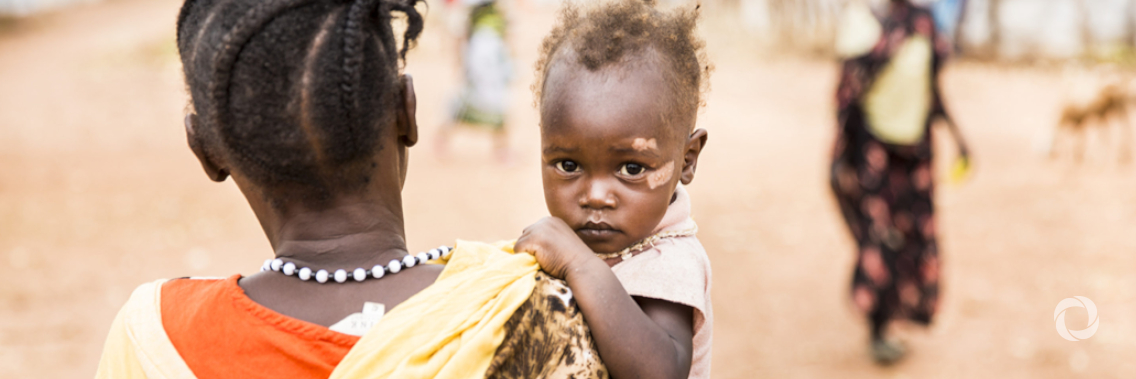H.E. Mrs. Emmanuelle Blatmann, French Ambassador to Sudan, added her signature to two financing agreements between the French Development Agency (AFD) and the Save the Children Fund (United Kingdom), on one side, and between AFD and the International Institute for Tropical Agriculture on the other side.
The total financing, to the tune of 4 million euros, aims at contributing to the Government of Sudan’s response plan to the Covid-19 epidemic, and at improving food security and health by developing an aflatoxin control solution.
The 1.2 million euros grant to Save the Children, United Kingdom, will contribute to the organisation’s plan in support to the Government of Sudan’s response to the Covid-19 epidemic to prevent the virus-related morbidity and morbidity/mortality in three vulnerable and hard-to-reach provinces in Sudan.
This will be achieved by improving the capacity of the Ministry of Health to respond to the Covid-19 pandemic and future pandemic outbreaks by strengthening infection prevention and control (IPC) measures in health facilities, including isolation centres; maintenance of essential nutrition services to minimize the impact of Covid-19 on the most vulnerable; preventing infection through improved water, sanitation, and hygiene (WASH) facilities and services in health facilities, and lastly, preventing infection through community mobilisation.
This support against Covid-19 is part of the broader #TeamEurope response, which is the tangible expression of the European Union Member States solidarity to help partner countries deal with the Covid crisis. In that respect, France launched a 1.2 billion euros initiative in response to the worldwide public health crisis caused by the global pandemics: “Health in Common”, to which this project contributes.
The 2.8 million euros grant to the International Institute for Tropical Agriculture (IITA) aims to improve the food security and health of Sudanese people, as well as the incomes of peanut, sorghum, cotton, sesame, and maize growers, by developing a ready-to-use, marketable biological aflatoxin control solution.
Aflatoxin comes from specific varieties of the fungus Aspergillus favus, which is ubiquitous in Africa. It invades soils, crops, and warehouses. Aflatoxin contamination is undetectable to the eye, is resistant to all types of cooking and pasteurisation, and equally affects meat, eggs, and milk through livestock feed. The effects on human health are devastating, as Aflatoxin type “B1” could be the most powerful natural carcinogen known.
The project, led by IITA will develop a biological control solution against aflatoxin to distribute to producers. This involves identifying the strains of Aspergillus flavus that do not produce aflatoxin, and promoting their development in place of the toxigenic strains. Once the commercial form will have been developed, these non-toxigenic strains will then be used as bio-control agents in the form of an easy-to-use product. The private sector (producers of fortified foods and exporters) will be heavily involved.
Original source: AFD

